
A comprehensive list of law school programs and tuition in Canada
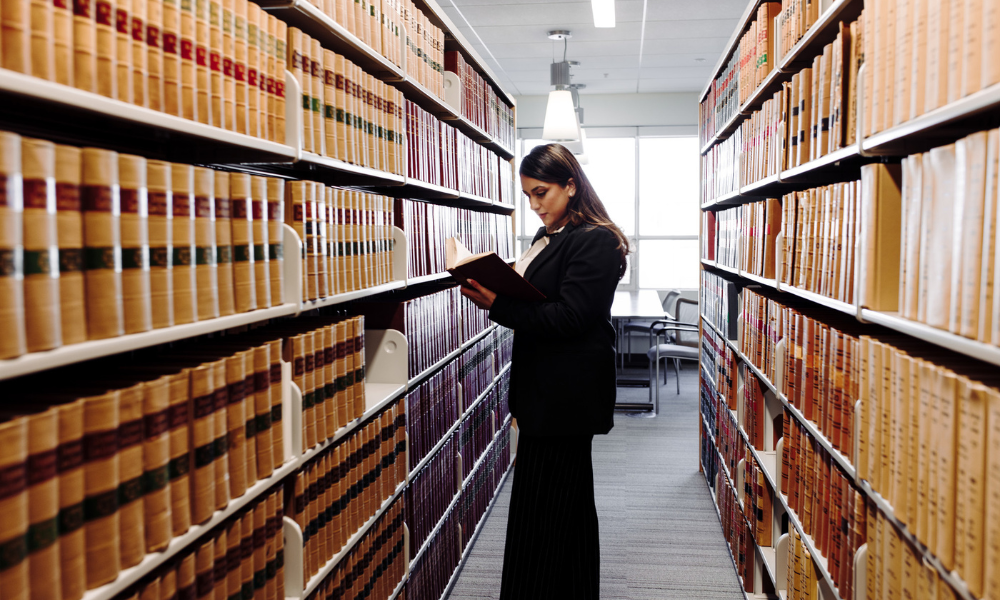
Canadian Lawyer has compiled the admission requirements, tuition rates, law-related degrees, notable faculty members, and other offerings of Canada’s 24 law schools to assist aspiring lawyers in selecting the right school for them.
University of Alberta – Faculty of Law
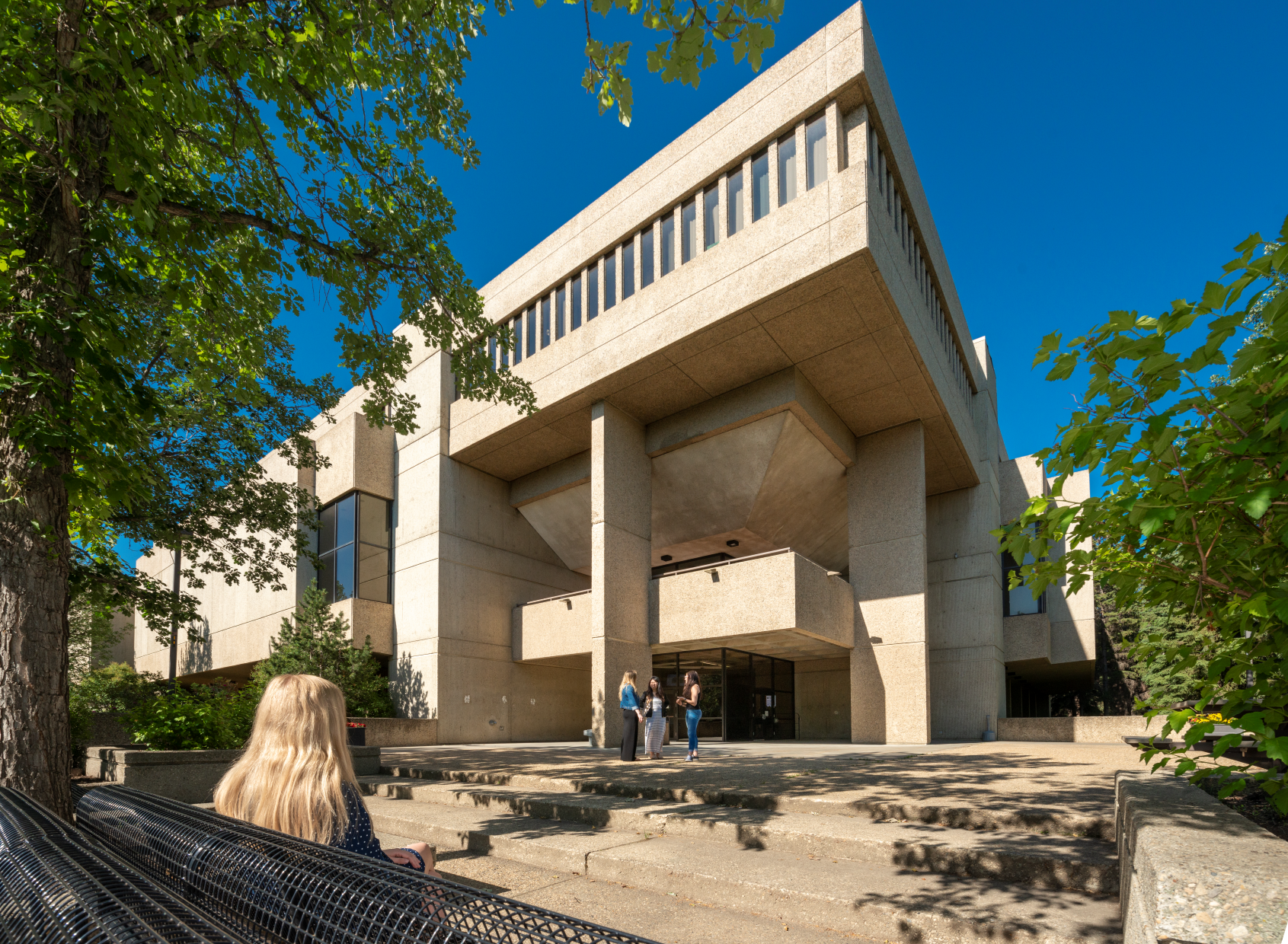
LOCATION:
Edmonton, Alberta (licensure requirements)
LAW DEGREES AND ADMISSION REQUIREMENTS:
TUITION RATES:
These rates are for 2022-2023.
NOTABLE FACULTY MEMBERS:
OTHER INFORMATION:
Led by alumna and dean Barbara Billingsley and located on Treaty 6 territory, the University of Alberta Faculty of Law offers a comprehensive education in both foundational and emerging areas of law in a collegial environment. In addition to in-class instruction, the law school offers several experiential learning opportunities, including an oceans law and policy course that takes students to Vancouver Island and an intensive course in Miyowîcêhtowin Principles and Practice. Each year, the law school awards more than $1.2 million to incoming and upper-year JD students in the form of scholarships, bursaries, and prizes. The law school recently announced the hiring of three new assistant professors, two of whom are a part of the university’s Black Academic Excellence Cohort Hire initiative. Prospective lawyers who attend this law school can expect to be welcomed by the vibrant city of Edmonton and by a close-knit community of fellow students and alumni.
University of British Columbia – Peter A. Allard School of Law
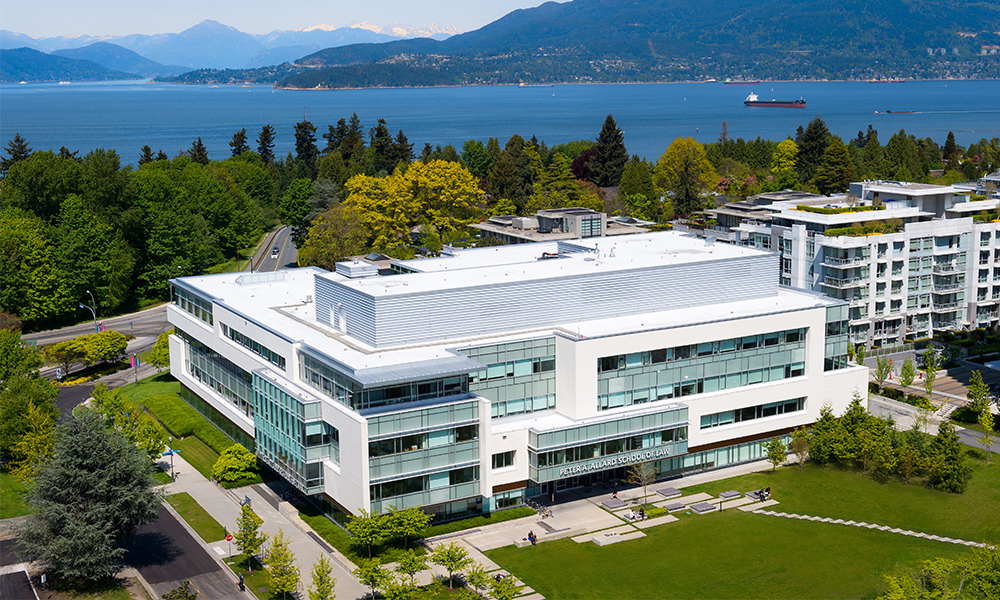
LOCATION:
Vancouver, British Columbia (licensure requirements)
LAW DEGREES AND ADMISSION REQUIREMENTS:
TUITION RATES:
The tuition for domestic JD students is $13,412.16 for the first year and $12,573.90 each for the second and third years. For international JD students, the tuition is $40,408.32 for the first year and $37,882.80 each for the second and third years. These rates are for 2022-2023. Information can be found here.
NOTABLE FACULTY MEMBERS:
OTHER INFORMATION:
The Allard School of Law offers a wide range of experiential learning opportunities, including legal clinics that provide students with hands-on learning experience with real clients, moots, and exchange opportunities. The law school’s program has a strong focus on Indigenous legal studies. The law school takes pride in having one of the highest enrollment numbers of Indigenous law students in Canada. Allard Law offers approximately $1.5 million in bursaries to students each year, as well as numerous scholarships and awards.
University of Calgary – Faculty of Law
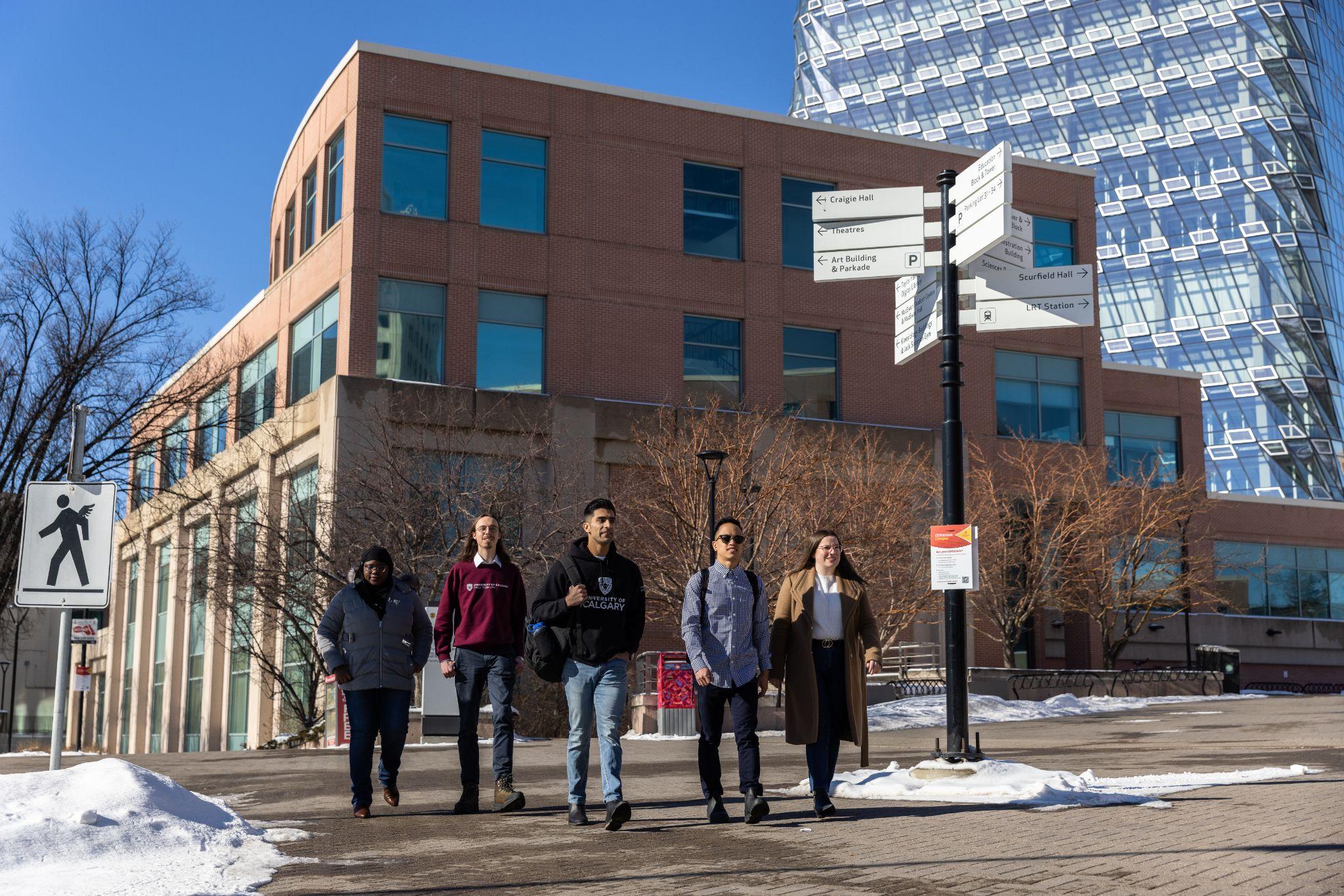
LOCATION:
Calgary, Alberta (licensure requirements)
LAW DEGREES AND ADMISSION REQUIREMENTS:
TUITION RATES:
These rates are for 2022-2023.
NOTABLE FACULTY MEMBERS:
OTHER INFORMATION:
UCalgary Law has special admissions processes for Black and Indigenous applicants, in which applicants are given space to talk about their lived experiences on their application. The articling placement rate for the class of 2021 was 98 percent. UCalgary Law offers a number of unique internships and experiential learning opportunities, including the Innovation Internship Program and the London Corporate Law Summer Institute.
Dalhousie University – Schulich School of Law
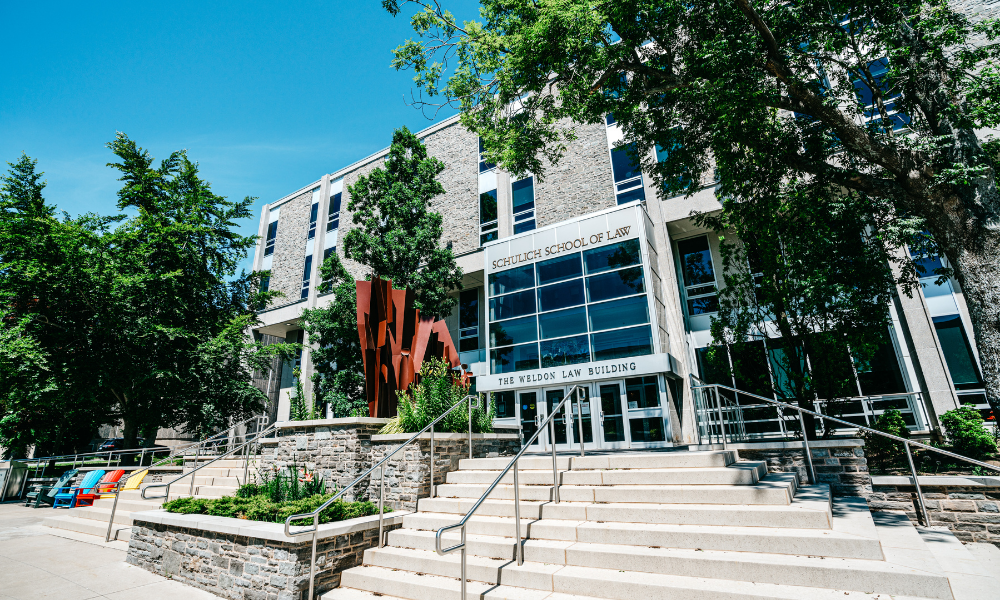
LOCATION:
Halifax, Nova Scotia (licensure requirements)
LAW DEGREES AND ADMISSION REQUIREMENTS:
TUITION RATES:
Tuition and fees for full-time JD students in 2022-2023 are $21,535.21. Students who are not Canadian citizens or permanent residents should also pay an additional international tuition fee. Fees for LLM and PhD students can be found here.
NOTABLE FACULTY MEMBERS:
OTHER INFORMATION:
In 2021-2022, Schulich Law hosted several online conferences on cryptocurrency, international trade, and Crown law. The law school also hosted David Milgaard as a guest speaker. In October 2021, Professor Emeritus A. Wayne MacKay virtually delivered the inaugural Rule of Law Lecture, a collaboration between the International Commission of Jurists Canada and Schulich Law, on the theme of “The Rule of Law in Pandemic Times.” Last July, Professor Rob Currie became one of the founding co-editors of a new, open-access, and fully-peer-reviewed journal, the Transnational Criminal Law Review.
TUITION RATES:
Year 1:
Year 2:
Year 3:
These rates are for 2022-2023. Information can be found here.
NOTABLE FACULTY MEMBERS:
OTHER INFORMATION:
The law school centres its program on three mandates, chosen due to the school’s Northern location – Aboriginal and Indigenous law, natural resources and environmental law, and sole or small firm practice. Every student has mandatory Aboriginal and Indigenous law courses in their first and second years in addition to core law courses. Aboriginal or Indigenous law is woven into all courses where appropriate. The law school also offers a JD specialization in Aboriginal and Indigenous law. The law school’s integrated practice curriculum is the first in the country to include legal professional training in the curriculum with a one-term (four-month) non-paid placement in third year. This, combined with compulsory courses, qualifies graduates to take the bar examinations without needing to article with a firm. Through Lakehead University Community Legal Services, students gain hands-on experience by offering free legal services to low-income residents of Northwestern Ontario. The Newcomer Legal Clinic, which opened in September 2021, is a partnership between the law school and the Thunder Bay Multicultural Association with sponsorship from the Law Foundation of Ontario. The legal clinic supports applications for permanent residency, helps clients move from being without status to becoming permanent residents, and helps refugees reunite with their separated family members.
Université Laval – Baccalauréat en Droit
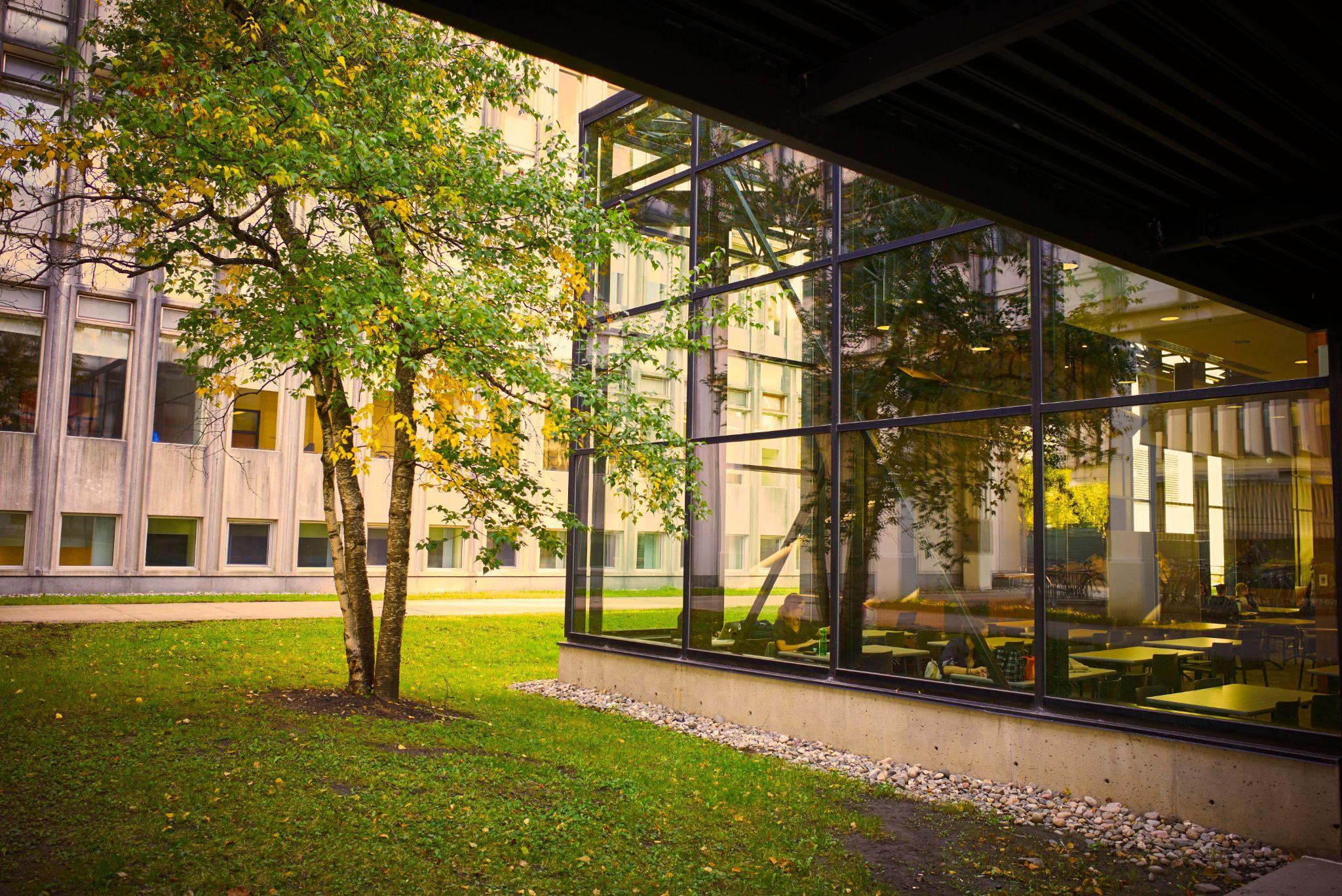
LOCATION:
Quebec City, Quebec (licensure requirements)
LAW DEGREES AND ADMISSION REQUIREMENTS:
TUITION RATES:
For Quebec students taking a master’s degree, the tuition for one full-time semester consisting of 12 credits is $1,593.72, while the cost of one academic year is $16,180. For Canadian students not residing in Quebec, the tuition for one full-time semester consisting of 12 credits is $3,966.96, while the cost of one academic year is $20,930. These rates are for 2022-2023. Information can be found here.
NOTABLE FACULTY MEMBERS:
OTHER INFORMATION:
Considering itself a francophone leader in North America, the school accepts about 400 students per year, coming from all continents. With an emphasis on social justice and sustainable development, the law school focuses on not just the theoretical side of law but also gives its students a hands-on learning experience including through legal clinic courses, moot courts, and externships. The school also offers four dual degrees, during which students spend a semester in one of four French partner universities: Université Paris 1 Panthéon-Sorbonne, to focus on environmental law, sustainable development, and food safety; Université de Bordeaux, to focus on the law of transatlantic relationships; Université Paris-Saclay, to focus on intellectual property law and digital technologies; and Université Toulouse Capitole, to focus on penal law and criminal sciences.
Lincoln Alexander School of Law at Toronto Metropolitan University

LOCATION:
Toronto, Ontario (licensure requirements)
LAW DEGREES AND ADMISSION REQUIREMENTS:
TUITION RATES:
Domestic Ontario students:
Domestic out-of-province students:
International students:
These rates are for 2022-2023. Information can be found here.
NOTABLE FACULTY MEMBERS:
View the full list of faculty members and practitioner co-instructors.
OTHER INFORMATION:
The Lincoln Alexander School of Law seeks to reimagine legal education by engaging critically with technology as it intersects with the law and by exploring new ways to expand the reach of representation and justice. It is one of only two law schools in Canada to offer an integrated practice curriculum. The law school aims to offer rigorous academic and skills-based training, a diverse faculty, and a collaborative co-teaching model that brings the real-world experience of practitioners – lawyers, judges, and legal tech innovators – into the classroom. The courses of the three-year JD program cover the business of lawyering, building emotional and cultural competencies, coding, and contemporary technological practices. The program also includes hands-on mentorship, two term-long practicums, and a 15-week professional placement. Students gain the practical skills to conduct legal research, to draft pleadings, to review shareholder agreements, to assist in contract negotiations, to argue motions, and to create solutions.
University of Manitoba – Faculty of Law
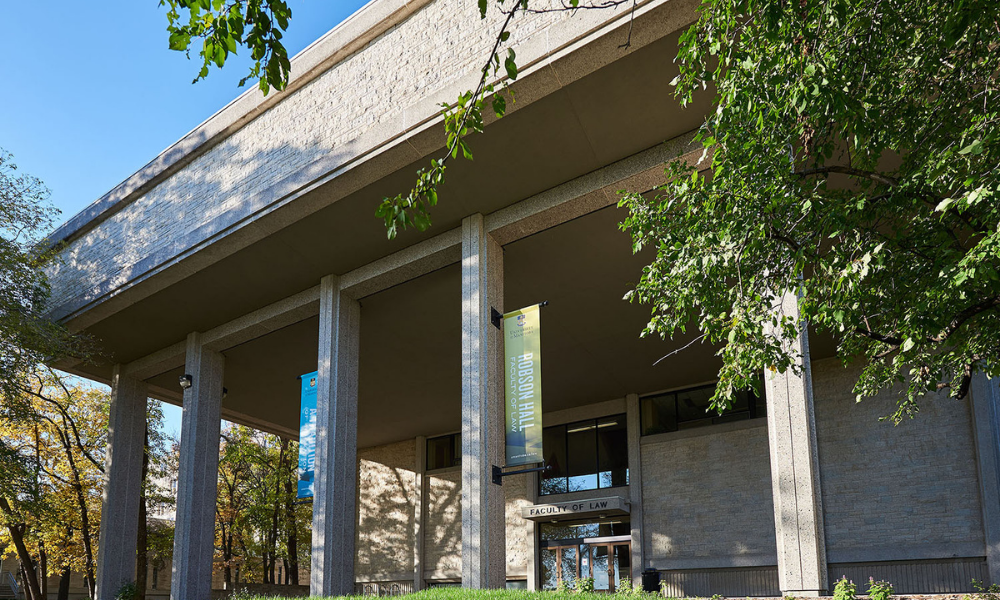
LOCATION:
Winnipeg, Manitoba (licensure requirements)
ADMISSION REQUIREMENTS:
Information can be found here.
LAW DEGREES:
TUITION RATES:
The approximate 2022-2023 tuition is $12,300 for Canadians and permanent residents and $28,800 for international students. Information can be found here.
NOTABLE FACULTY MEMBERS:
OTHER INFORMATION:
This fall, first year JD students will have the opportunity to earn a Concentration in Access to Justice in French upon completing at least 26 of the required 92 credits of their law degrees in bilingual courses. Also new is that the law school’s Indigenous legal studies coordinator has reviewed all course content to ensure Indigenization and has been developing several mandatory courses on Indigenous law. Finally, a brand-new clinical program containing six new experiential learning opportunities for upper-year students starts this fall, led by a team of experienced legal practitioners and a new director of clinics.
McGill University – Faculty of Law
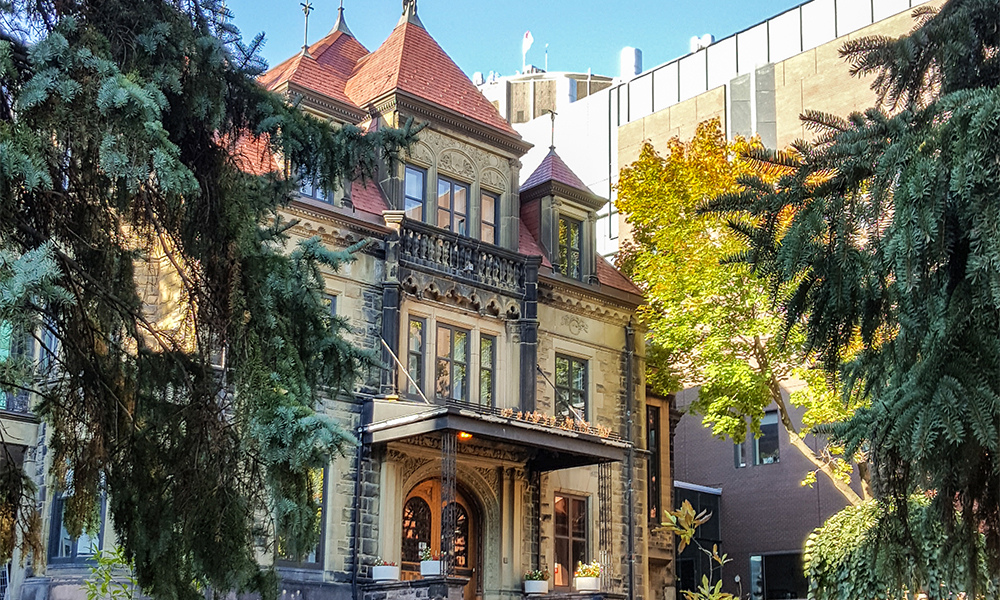
Image credit: Lysanne Larose.
LOCATION:
Montreal, Quebec (licensure requirements)
LAW DEGREES AND ADMISSION REQUIREMENTS:
TUITION RATES:
These rates are for 2022-2023.
NOTABLE FACULTY MEMBERS:
OTHER INFORMATION:
Graduates of the law school’s bilingual BCL/JD program will obtain both a Bachelor of Civil Law degree and a Juris Doctor, opening the door to legal careers in all Canadian provinces, the U.S., and beyond. A full list of the law school’s courses may be found here, while details of the law school’s class and alumni profiles for 2020 may be found here. The law school holds activities such as its Integration Week, which prepares first-year students through introductory lectures and small group workshops, as well as its elective Focus Week workshops, in which upper-year students learn practical skills such as negotiation, mediation, electronic discovery, and evidence gathering. Furthermore, in addition to various law courses that incorporate Indigenous legal traditions into the curricula, the law school established a compulsory first-year Indigenous legal traditions course in fall 2020. The McGill Centre for Human Rights and Legal Pluralism offers learning opportunities like international human rights internships and international judicial clerkships.
Université de Moncton – Faculté de Droit
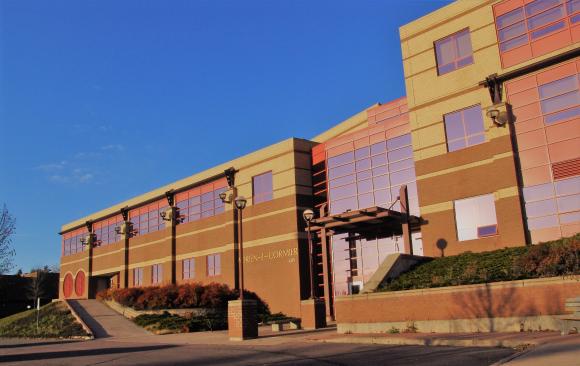
LOCATION:
Moncton, New Brunswick (licensure requirements)
LAW DEGREES AND ADMISSION REQUIREMENTS:
Information on admission can be found here.
TUITION RATES:
For Canadian students, the tuition fee is $8,467/year. For international students, the tuition fee is $14,913/year. These rates are for 2022-2023. More information can be found here.
NOTABLE FACULTY MEMBERS:
OTHER INFORMATION:
The law school offers training in common law solely in French. Upon graduation, students will be equipped with the necessary skills to exercise their legal profession in both French and English. The law school is relatively small, with around 150 students from Canada, Africa, and Europe. The students all know each other because they are often required to collaborate in small groups. The students will have the opportunity to be involved in the law school’s research activities, both during their time in school and during their professional lives.
Université de Montréal – Faculté de Droit
LOCATION:
Montreal, Quebec (licensure requirements)
LAW DEGREES AND ADMISSION REQUIREMENTS:
TUITION RATES:
Information on tuition and fees can be found here. To find out what fees specifically apply, one may check out the cost calculator here.
NOTABLE FACULTY MEMBERS:
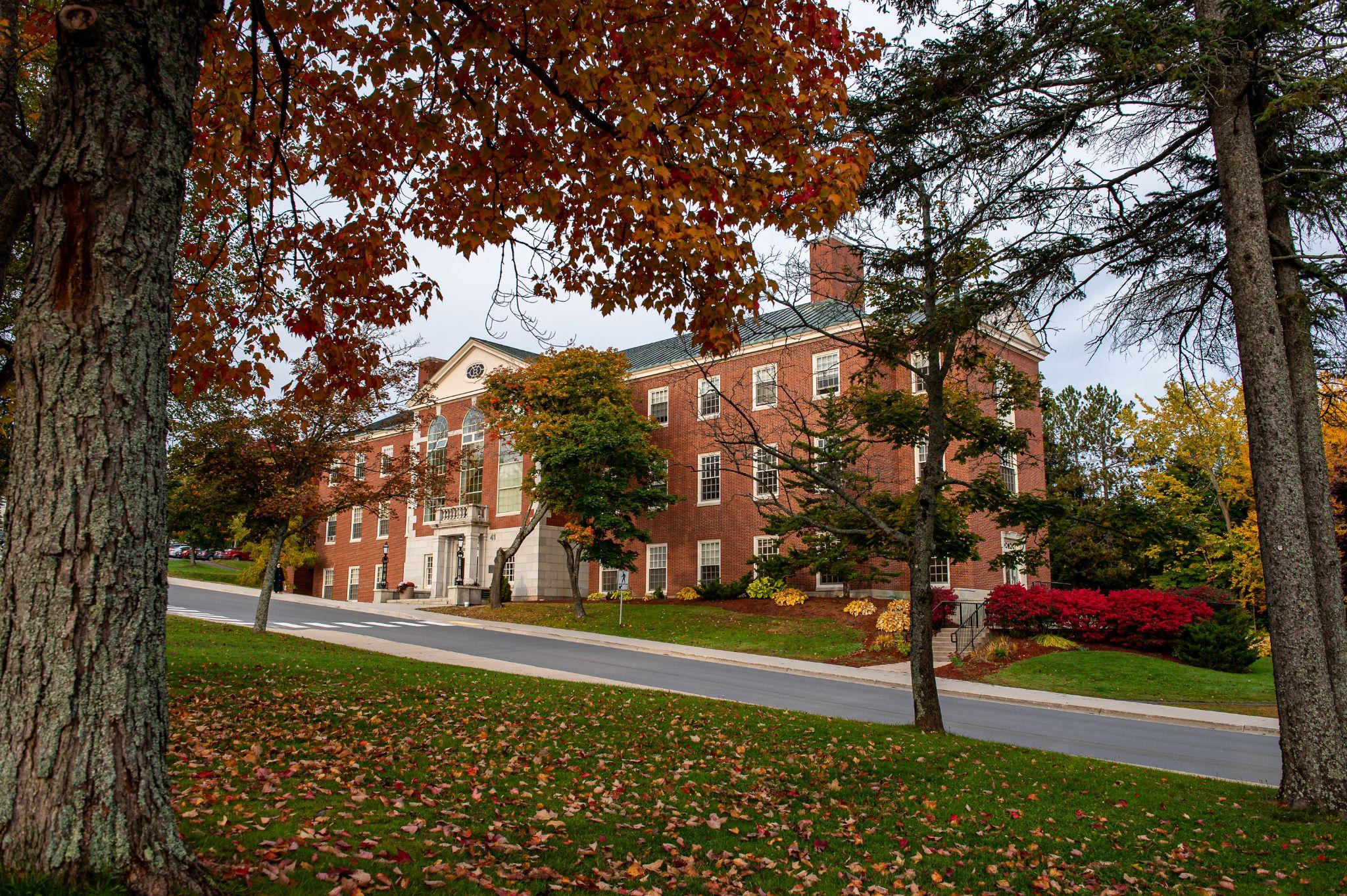
LOCATION:
Fredericton, New Brunswick (licensure requirements)
LAW DEGREES AND ADMISSION REQUIREMENTS:
TUITION RATES:
Tuition for full-time law students in 2022-2023 is $14,130 with compulsory fees of $1,054.50. Students who are not Canadian citizens or permanent residents are also required to pay an additional international tuition fee. More information can be found here.
OTHER INFORMATION:
UNB Law’s academic program allows students to gain hands-on experience while studying law. The UNB Legal Clinic gives students the opportunity to work on actual client files relating to housing/tenant matters, social benefits, employment law, and small claims – all under the supervision of an experienced staff lawyer. Other experiential learning opportunities include the Tax Law Clinic, the Judicial Internship, the Attorney-General Internship, the Public Prosecutions Internship, the Public Interest Organization Internship, the Administrative Tribunal Internship, the UNB Law Journal, the Competitive Mooting Program, and Pro Bono Students Canada. The judicial internship program with the New Brunswick Court of Appeal offers students the opportunity to observe hearings of selected cases, to discuss arguments with judges, and to assist judges with research while in their upper years of study. UNB Law students have clerked at appellate courts across the country, including the Supreme Court of Canada. In 2021, 95 percent of the law school’s students secured articling positions by graduation. Notable alumni include Gérard La Forest, former Supreme Court of Canada justice; Frank McKenna, former New Brunswick premier and Canada’s former ambassador to the U.S.; Hugh John Alexander (Ted) Flemming, New Brunswick’s attorney general and justice and public safety minister; Wade MacLauchlan, 32nd premier of Prince Edward Island; Lydia Bugden, chief executive officer and managing partner at Stewart McKelvey; Dominic LeBlanc, federal minister of intergovernmental affairs, infrastructure and communities; Ian Putnam, president and chief executive officer of HBC Properties and Investments; Patricia Bernard, chief of the Madawaska Maliseet First Nation in northern New Brunswick; and Kerry O’Reilly Wilks, executive vice president, legal, commercial and external affairs at TransAlta Corporation.
University of Ottawa – Common Law
LOCATION:
Ottawa, Ontario (licensure requirements)
LAW DEGREES AND ADMISSION REQUIREMENTS:
More information on admission can be found here.
TUITION RATES:
Information can be found here.
NOTABLE FACULTY MEMBERS:
University of Ottawa – Droit civil
LOCATION:
Ottawa, Ontario (licensure requirements)
LAW DEGREES AND ADMISSION REQUIREMENTS:
More information on admission can be found here.
TUITION RATES:
Information can be found here.
NOTABLE FACULTY MEMBERS:
Université du Québec à Montréal – Faculté de science politique et de droit
Short programs
Specialized graduate diplomas (DESS)
Master’s program (LLM)
Doctorate of Law (PhD)
TUITION RATES:
Undergraduate program (5 courses):
Master’s program (4 courses):
Doctoral program:
All these 2022-2023 rates do not include the insurance fees, which are approximately $900/year or $300/semester. Information can be found here.
NOTABLE FACULTY MEMBERS:
OTHER INFORMATION:
The school’s LLB program was revamped in 2019, with an emphasis on producing lawyers committed to social justice. The school is selective in its admissions process, with an average annual admission rate of 26 percent. Despite the law school’s relatively small size, its students have participated in many prestigious international simulations and moot court competitions and have garnered many awards and distinctions at these events. The law school offers a range of legal clinics: the UQAM Legal Clinic, the International Human Rights Clinic, UQAM Pro Bono, Innocence Quebec Project, and the Mobile Legal Clinic.
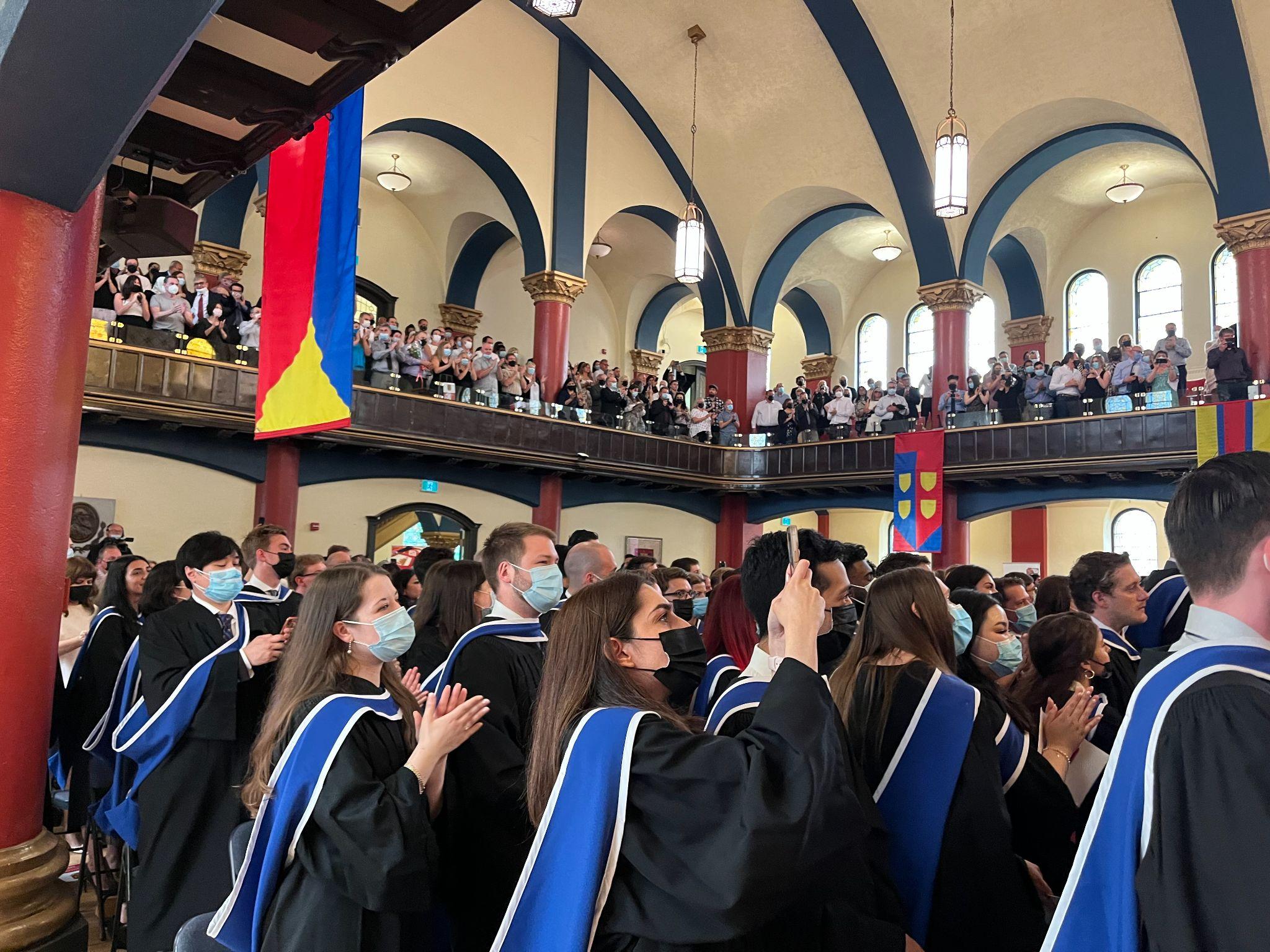
LOCATION:
Kingston, Ontario (licensure requirements)
LAW DEGREES AND ADMISSION REQUIREMENTS:
TUITION RATES:
These rates are for 2022-2023 and are subject to change. Graduate-level tuition rates are at an approximate amount and may fluctuate based on student activity fees and other factors.
NOTABLE FACULTY MEMBERS:
View the full list of faculty members.
OTHER INFORMATION:
The JD program provides students with cross-disciplinary combined degree opportunities, diverse curricular offerings, and the educational foundation to practice law in all common-law jurisdictions in Canada and around the world. In terms of experiential learning, students can explore international law at Bader College at Herstmonceux Castle in England, can gain a global perspective through international exchange programs, can discover Indigenous legal traditions through on the land learning, and can support front-line community justice through five pro bono legal clinics, family and children’s law placements, clinical externships, government and public interest internships, and much more. Queen’s Law is also home to a variety of centres of excellence and research, including the Conflict Analytics Lab, which focuses on legal innovation enabled by AI and machine learning.
The law school is dedicated to the principles of equity, diversity, inclusivity, and indigeneity (EDII) and the importance of reconciliation and restorative justice, including through the Education & Equity Services Office, the director of Indigenous initiatives and EDI, equity-based applicant streams, and a range of needs-based and merit-based financial support programs. Queen’s Law, which has a Career Development Office, prepares students both academically and professionally for their future. The law school has a 95-percent placement rate for students upon graduation.
University of Saskatchewan – College of Law
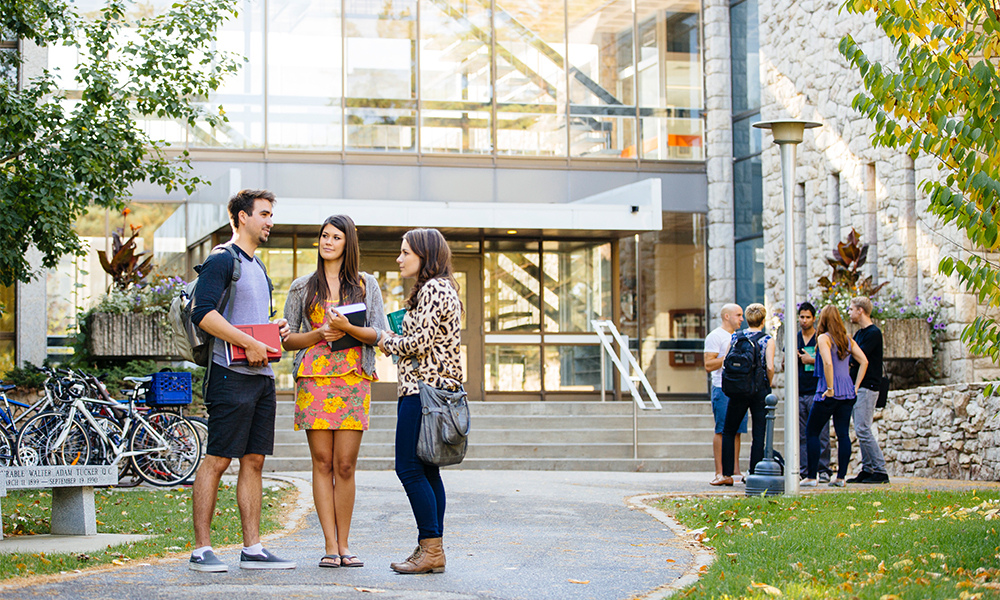
LOCATION:
Saskatoon, Saskatchewan (licensure requirements)
LAW DEGREES AND ADMISSION REQUIREMENTS:
Certificates and combined degree programs
TUITION RATES:
These rates are for 2022-2023. The international differential is 3.6 times the domestic rate.
NOTABLE FACULTY MEMBERS:
OTHER INFORMATION:
The law school has committed to annually reserving two seats in the JD program for Indigenous students from Newfoundland and Labrador. The law school offers a number of unique financial aid opportunities, including a scholarship for applicants self-declaring as LGBT persons, funded by alumni and married couple Brad Berg and Brian Rolfes. The law school also has the Nicole L. Thornbury Memorial Bursary for students graduating from a Newfoundland high school, as well as the J. Barrie Thomson Scholarship for students interested in the field of agriculture. The law school provides special programs such as the Kwayeskastasowin Setting Things Right course, the Nunavut Law Program, and the Dean’s Forum on Dispute Resolution and Access to Justice. The Dean’s Forum gives students the chance to interact with stakeholders in the justice system to discuss access to justice issues. The law school’s Ariel F. Sallows Chair in Human Rights is the first endowed chair of human rights in any law school across Canada.
Université de Sherbrooke – Faculté de droit
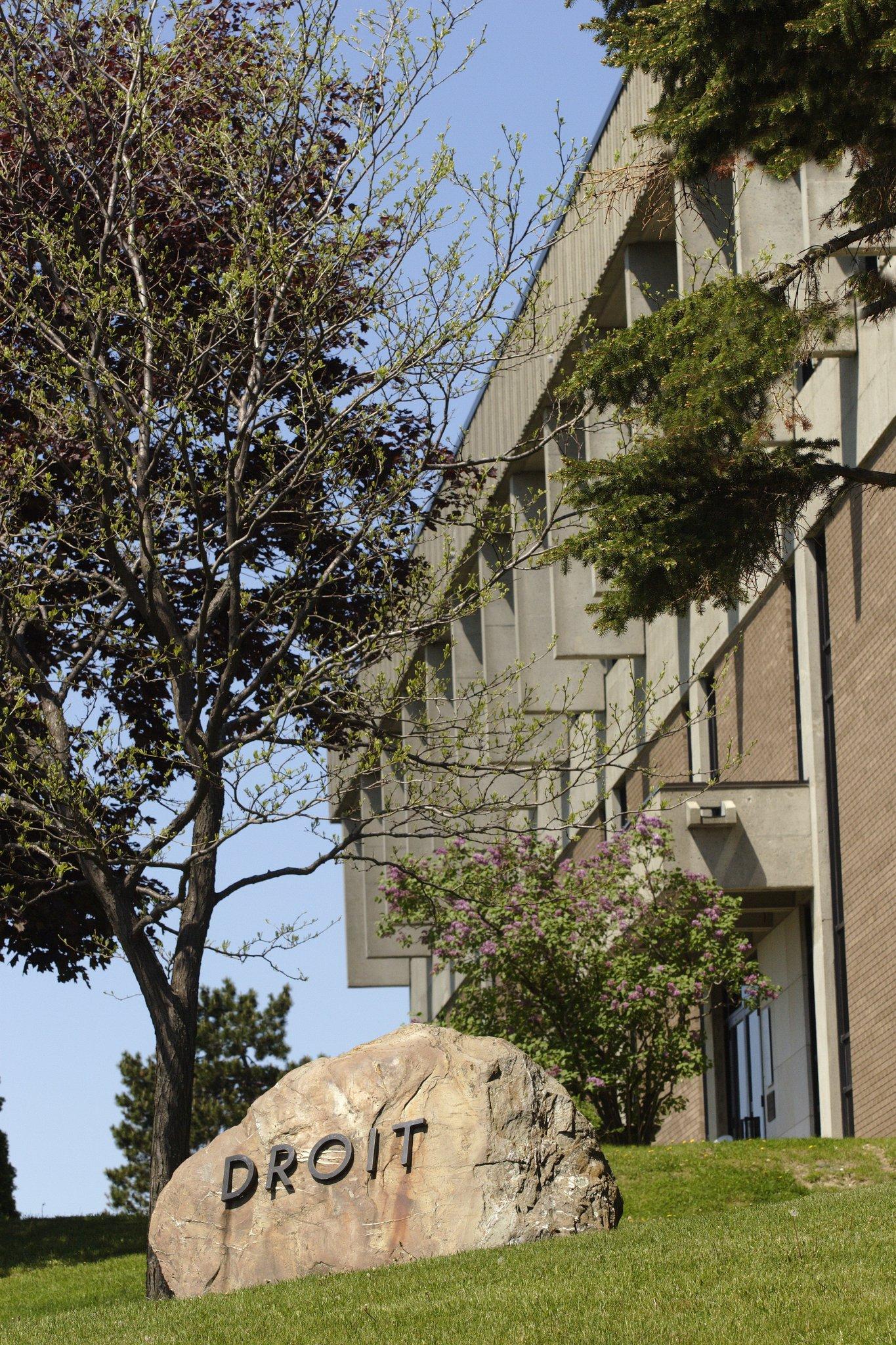
LOCATION:
Sherbrooke, Quebec (licensure requirements)
LAW DEGREES AND ADMISSION REQUIREMENTS:
First Cycle - Bachelor of Laws
Second Cycle - Course Type
Multifaculty programs
Second Cycle - Research Type
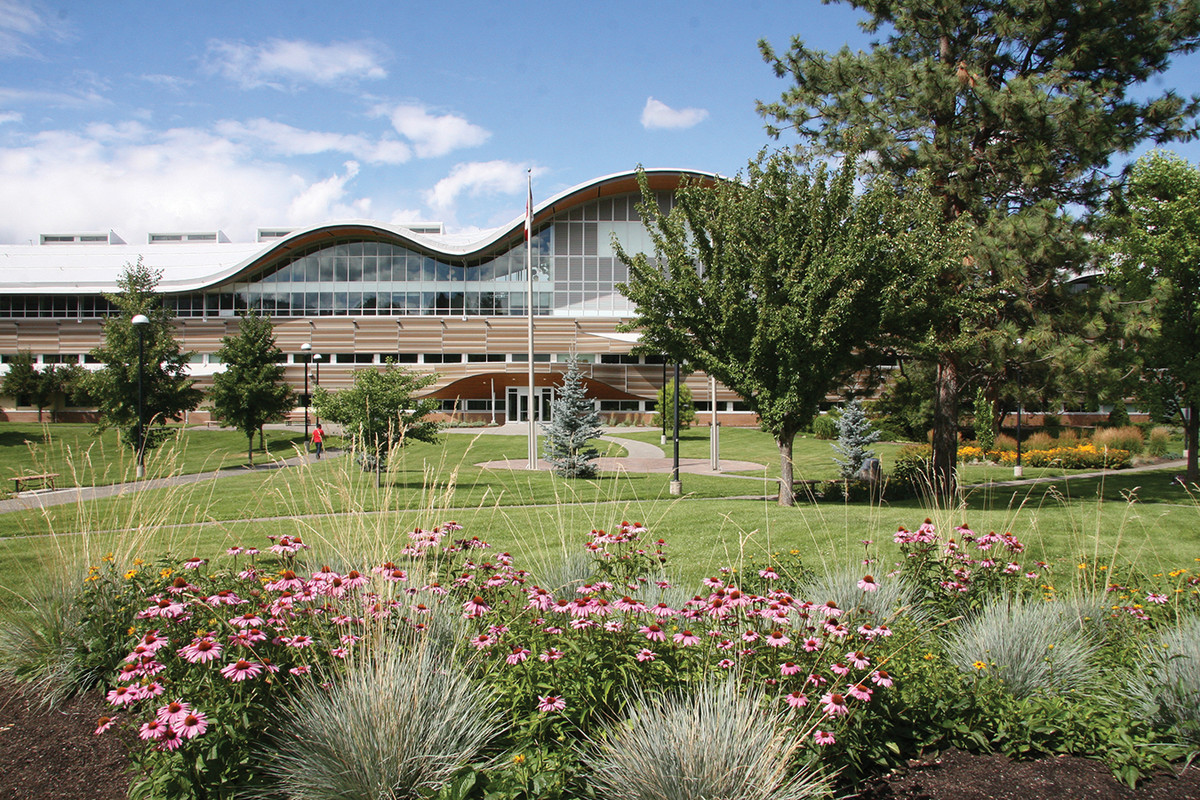
LOCATION:
Kamloops, British Columbia (licensure requirements)
LAW DEGREES AND ADMISSION REQUIREMENTS:
TUITION RATES:
First-year tuition for 2022-2023 is $10,443.96 per semester with $638.66 in student fees, for a total of $22,165.24. Information can be found here.
NOTABLE FACULTY MEMBERS:
OTHER INFORMATION:
JD students take classes exploring various fields of law. This includes advanced legal courses and diverse electives, such as sports law, bankruptcy, the design of legal expert systems, mental health law and policy, the Charter in criminal law, human rights law, and truth and rebuilding Canadian Indigenous legal relations. Additionally, students can participate in exciting experiential learning opportunities such as moot competitions, the Community Legal Clinic, and the school’s chapter of Pro Bono Students Canada. Students also have various financial aid opportunities through awards, bursaries, entrance awards and prizes and external awards.
University of Toronto – Faculty of Law
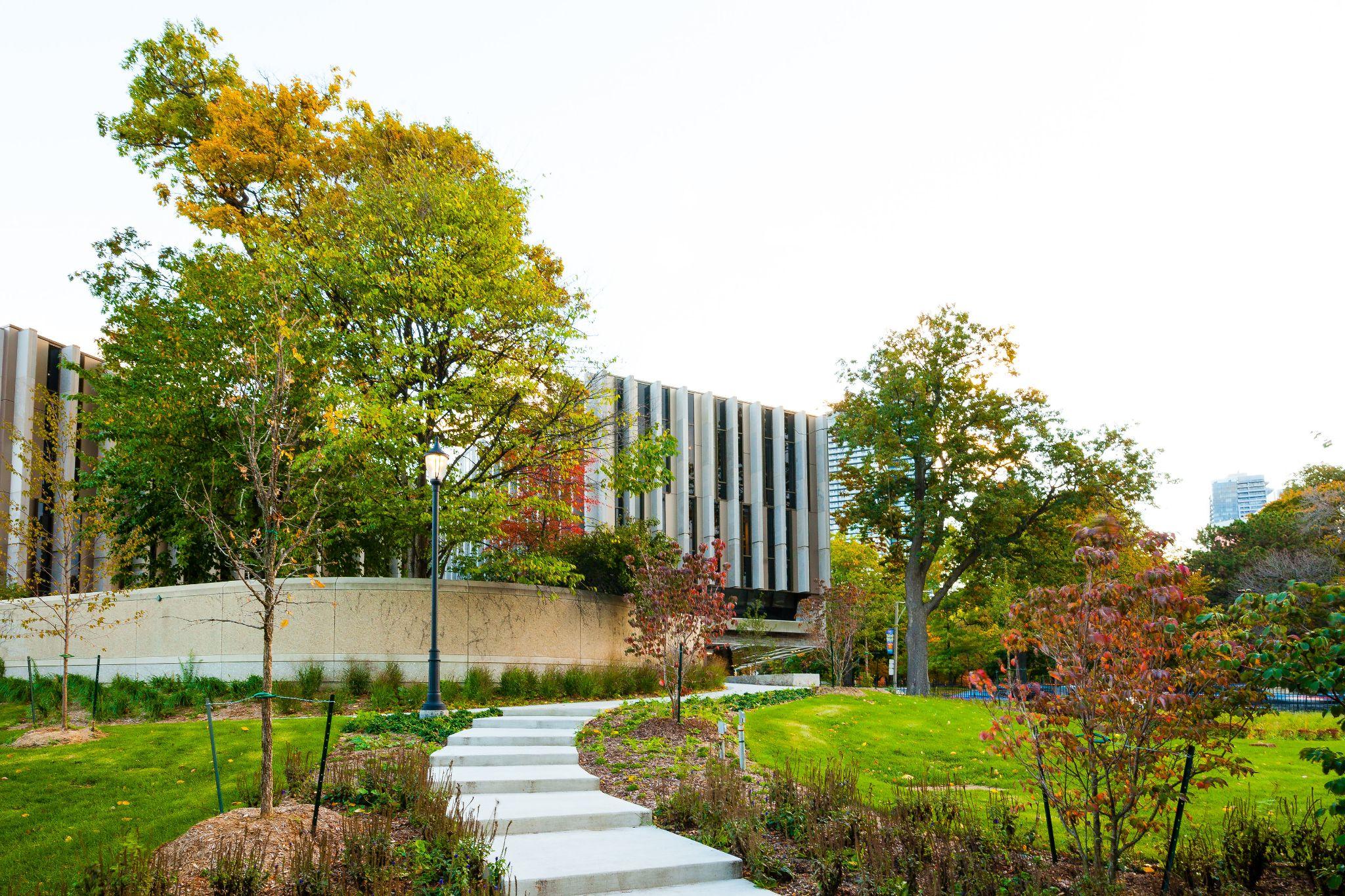
LOCATION:
Toronto, Ontario (licensure requirements)
LAW DEGREES AND ADMISSIONS REQUIREMENTS:
Combined JD programs:
Certificate programs:
Collaborative:
TUITION RATES:
JD tuition
Graduate program fees
Domestic tuition fees
International tuition fees
These rates are for 2022-2023 and are excluding ancillary and incidental fees.
NOTABLE FACULTY MEMBERS:
Read more: Books on how to be a lawyer
OTHER INFORMATION:
The JD financial aid program, which applies to JD domestic students (Canadian citizens and permanent residents), seeks to give the students with the greatest financial need the most assistance. In 2021-2022, nearly $4.7 million in bursaries were distributed progressively among JD students who demonstrated financial need, with the average bursary being above $17,000. The law school’s Post-Graduation Debt Repayment Assistance Program is the first and one of the few financial aid programs that supports JD graduates in lower-paying careers for up to ten years after graduation. U of T Law brings together students, faculty, alumni, and supporters from different backgrounds, experiences, and disciplines to advance legal thinking on critical problems like health, climate risk, business, privacy, and Indigenous rights. The law school’s programs and legal aid clinics focus on issues affecting some of the most vulnerable members of the community. Each year, approximately 95 percent of its JD students secure articling jobs, including with major employers in Canada, New York, US, and London, UK. The law school’s Global Professional Master of Laws (GPLLM) is a one-year executive degree program with three areas of concentration: Canadian Law in a Global Context, Business Law, and Innovation Law and Technology. The program is open to industry executives without a background in the law or a previous law degree. It aims to explore the constructs of law within the context of today’s increasingly regulated and global environment. GPLLM students emerge better equipped to identify and manage risk; to navigate the law’s complex interactions with business, technology, and leadership; and to create impactful solutions directly relevant to their leadership activities and career aspirations.
University of Victoria – Faculty of Law
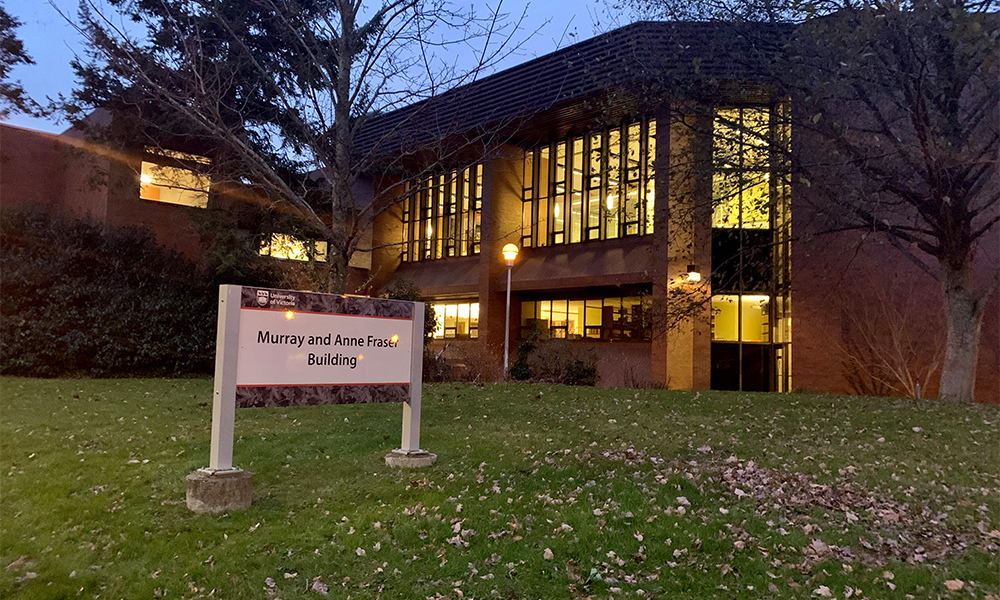
LOCATION:
Victoria, British Columbia (licensure requirements)
LAW DEGREES AND ADMISSION REQUIREMENTS:
TUITION RATES:
These rates are effective as of May 1 and are excluding other mandatory fees. Information can be found here.
NOTABLE FACULTY MEMBERS:
Western University – Western Law
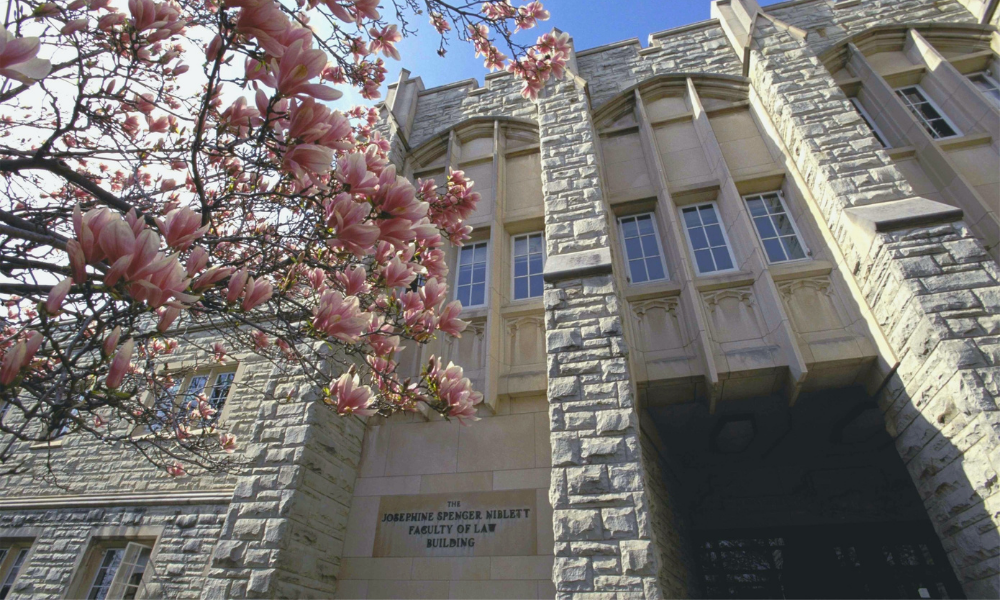
LOCATION:
London, Ontario (licensure requirements)
LAW DEGREES AND ADMISSION REQUIREMENTS:
Combined undergraduate programs
Programs with exchange partners
TUITION RATES:
Juris Doctor (JD): Tuition and supplemental fees amounted to $21,800.
These estimated rates are for domestic students for 2022-2023.
NOTABLE FACULTY MEMBERS:
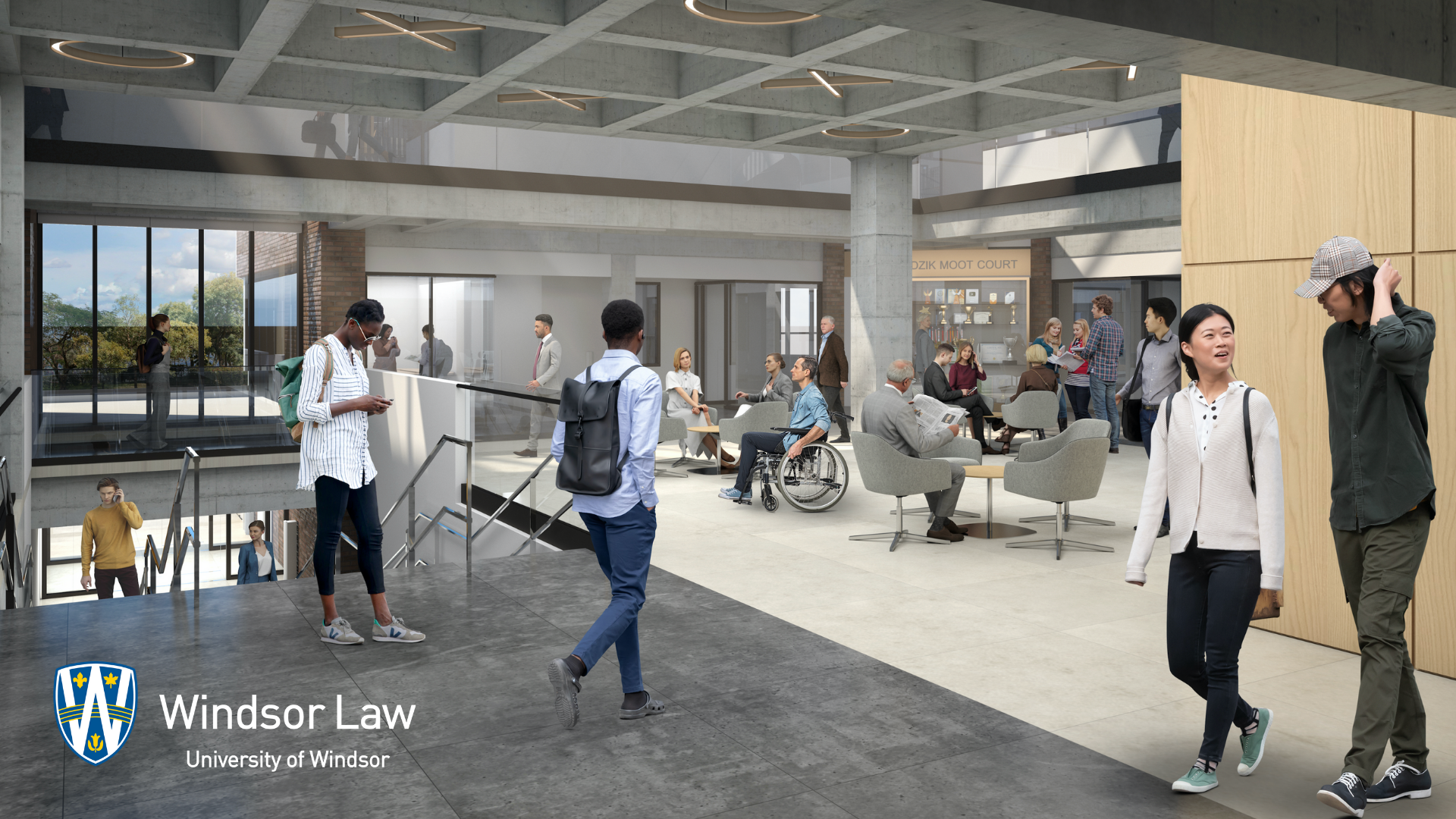
LOCATION:
Windsor, Ontario (licensure requirements)
LAW DEGREES AND ADMISSION REQUIREMENTS:
Information on admission can be found here.
TUITION RATES:
NOTABLE FACULTY MEMBERS:
View the full list of faculty members.
OTHER INFORMATION:
Windsor Law defines itself as a justice-seeking, community-engaged, and people-centred law school. For over 50 years, Windsor Law has advanced access to justice through various academic and experiential learning initiatives, including clinical and placement opportunities. Windsor Law students are diverse and predominantly racialized, and most are the first in their families to attend law school. Windsor Law offers a financial aid program alongside an array of in-course prizes and bursaries. Windsor Law is committed to student health and well-being and to the values of community and collegiality. Professors are accessible, while staff are supportive. Students are encouraged to become involved in all aspects of life at the law school. The $35 million renovation to the Ron Ianni Law Building was designed with the student experience in mind. More information about the law school’s programs, admissions process, and student organizations may be found here.
York University – Osgoode Hall Law School
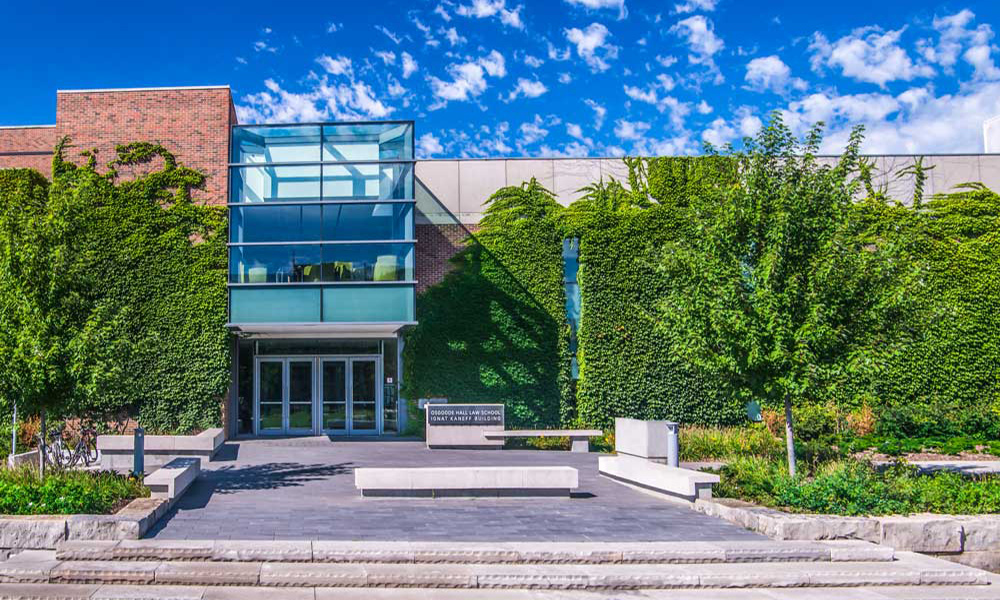
LOCATION:
Toronto, Ontario (licensure requirements)
LAW DEGREES AND ADMISSION REQUIREMENTS:
TUITION RATES:
Professional LLM, through Osgoode Professional Development
These rates are for 2022-2023.
NOTABLE FACULTY MEMBERS:
OTHER INFORMATION:
Osgoode’s holistic admissions policy goes beyond simple law school admissions test (LSAT) scores to consider an applicant’s varied strengths and achievements. JD students may receive financial assistance through the bursary program, through the income contingent loan program, or through awards, scholarships, and prizes. Osgoode has 18 experiential offerings, including clinical programs, internship programs, and the Anishinaabe Law Camp. As for LLM and PhD students, they may be eligible for Osgoode Graduate Student Awards. The law school’s professional LLM program accepts professionals both with or without law degrees, provides 15 specializations, holds classes from two locations, and offers distance learning options through simultaneous live webcasting. For 2022-2023, the law school is expanding its selection of courses at the intersection of law and technology, including with Emerging Technologies: Law, Policy and Governance and with Computers, Information and the Law, which explores current and future trends in legal service delivery.